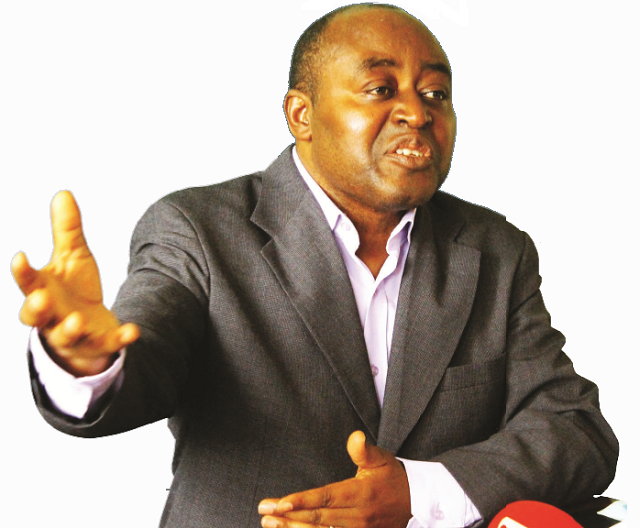
COMMENT:By Elijah Kisembo
Political abstraction creates rationalisation of actions of stronger party without listening to victims.
Peace is not the absence of violence. However, violence is a clear reflection of the sometimes deceptive peace that we celebrate in our communities. Recently, the country woke up to an explosion of violence between the government and the Rwenzururu Kingdom. Over 100 people are now confirmed to have been killed when government forces attacked and destroyed the palace compound of the king of the Rwenzururu, Omusinga Wesley Mumbere in Kasese town. The government has also arrested and remanded to prison the Rwenzururu King and more than 100 suspects. Everywhere in the media, the “battle and propaganda” to denounce or justify what happened during the attack on the Rwenzururu king is at the centre of legal and political manoeuvres.
However, what the country needs is not to make decisions on the conflict based in the “heat of the moment”. The government of Uganda, with its history in conflict transformation, should appreciate that building sustainable peace is hard work. Sustainable peace is shaped in the context of today’s pains and contradictions so that the future of the country is brighter. This is the role of strategic peace building, which shapes today the peace we desire for tomorrow.
Strategic peace building is about embracing transformational approaches in addition to the conventional transactional interventions to conflict management. Strategic peace building takes commitment, selflessness, and an eye on the future. It takes a “heart” beyond rationalisation of decisions to overcome the present constraints to peace and craft a brighter future. Government will thus need to take a long view and forecast the impact of its decisions on the current Rwenzururu conflict if sustainable peace is to be registered.
Historically, evidence shows that the Kasese conflict is bigger than the person of the Rwenzururu King, and it would be a gross misrepresentation of the collective discontentment of the people of Rwenzururu in the person of their King. There is no doubt, a number of stakeholders agree that the region has perceptions and feelings of being marginalised. It also has challenges of land, since part of their land was gazetted for national parks. Evidence also indicates that, these are shared perceptions that seem to be the underlying root- causes of the recurrent conflicts within the region. These are some of the triggers of the conflicts in the region since colonial times.
The region has witnessed ethno-political and resource-based forms of violence. Notable incidents of violence include the Abayola rebellion (1919-1921), the Rwenzururu Movement (1962-1982), the Allied Democratic Forces armed insurgencies starting from the 1996 and still ongoing, the National Army for the Liberation of Uganda (NALU) formed in the 1980s, the use of violence during political contestations between the ruling government then (Uganda People’s Congress) and the National Resistance Army (NRA) in the 1980s.
 The Independent Uganda: You get the Truth we Pay the Price
The Independent Uganda: You get the Truth we Pay the Price


